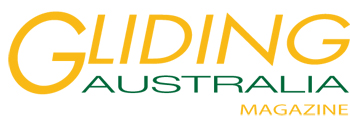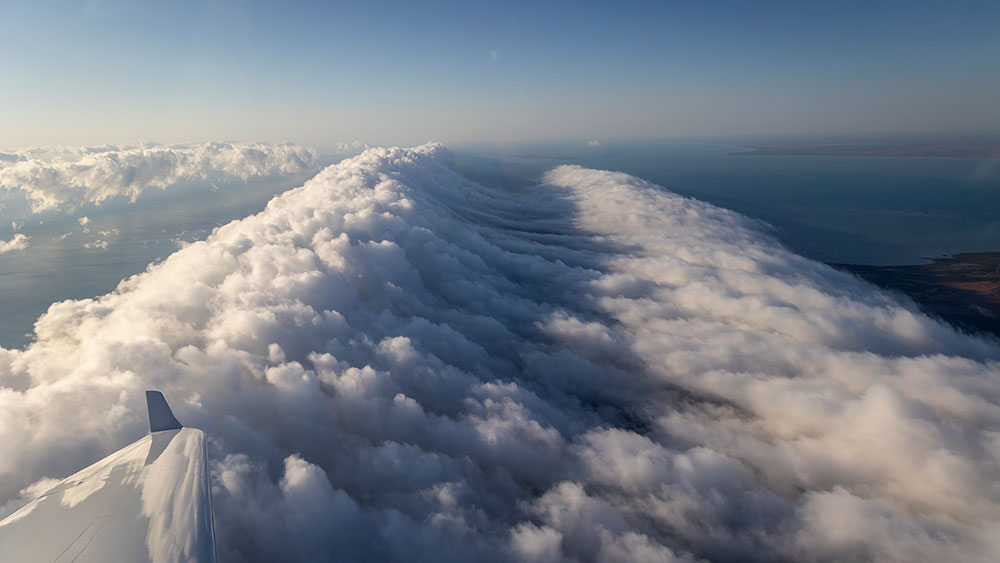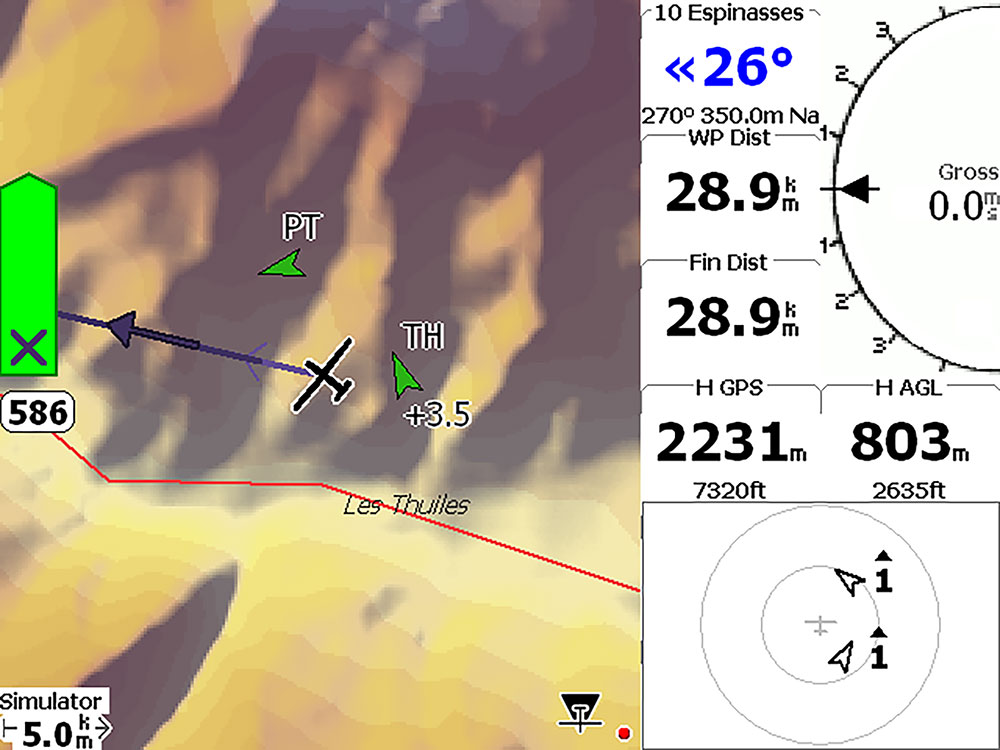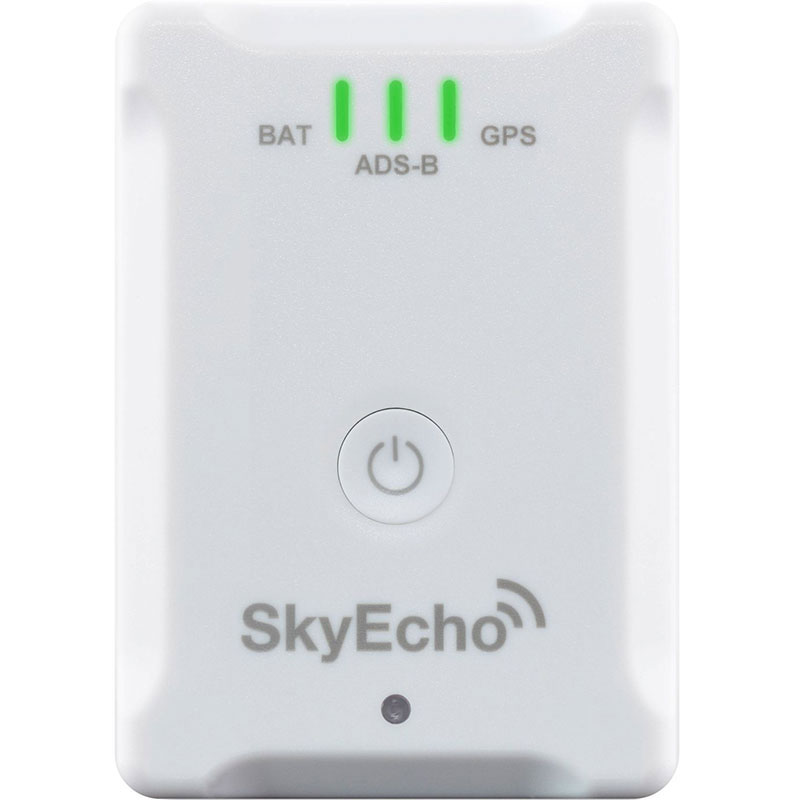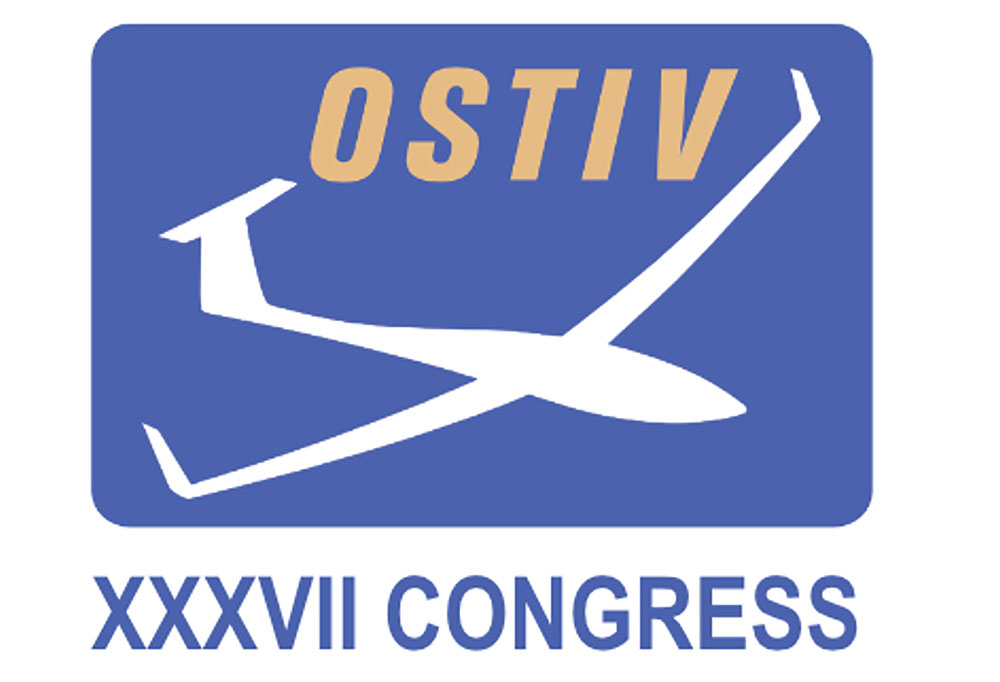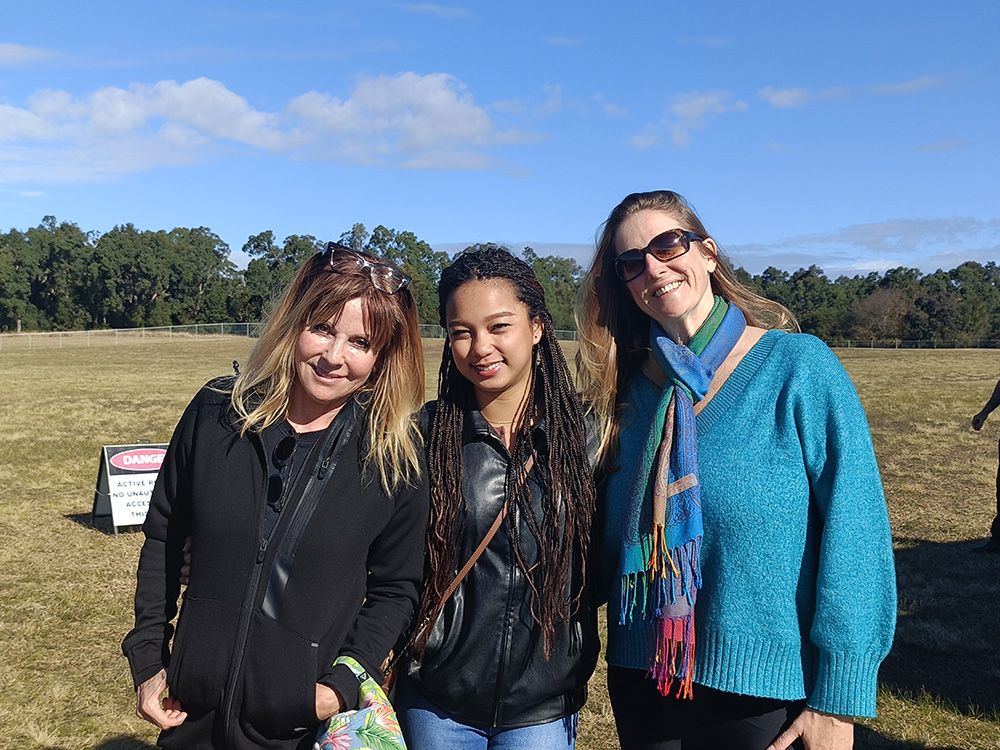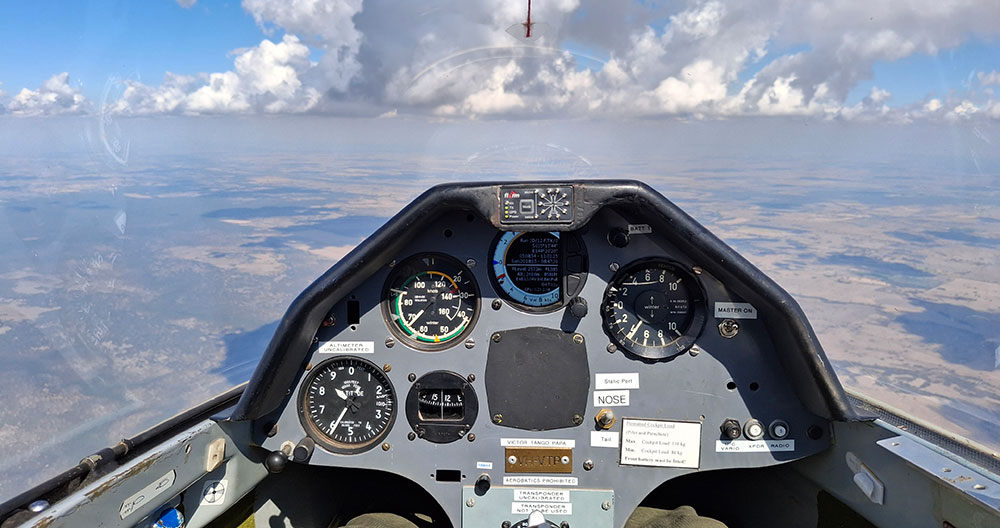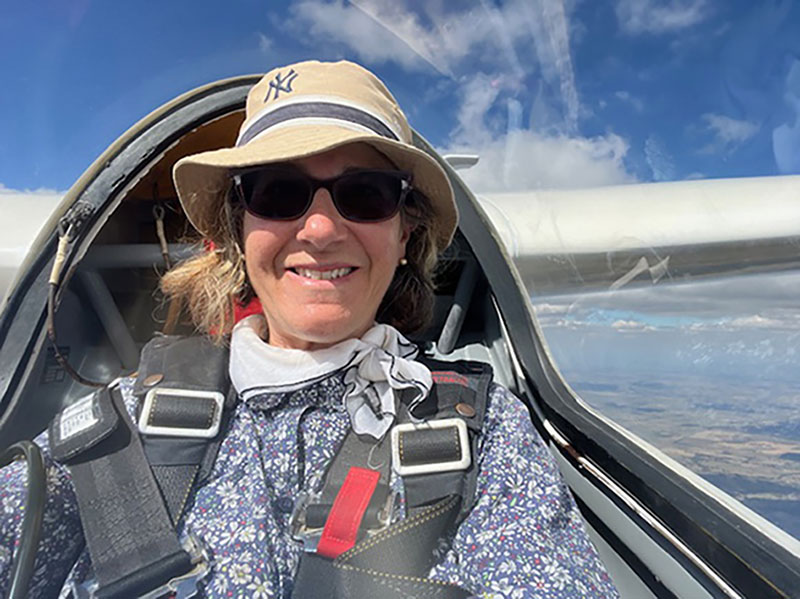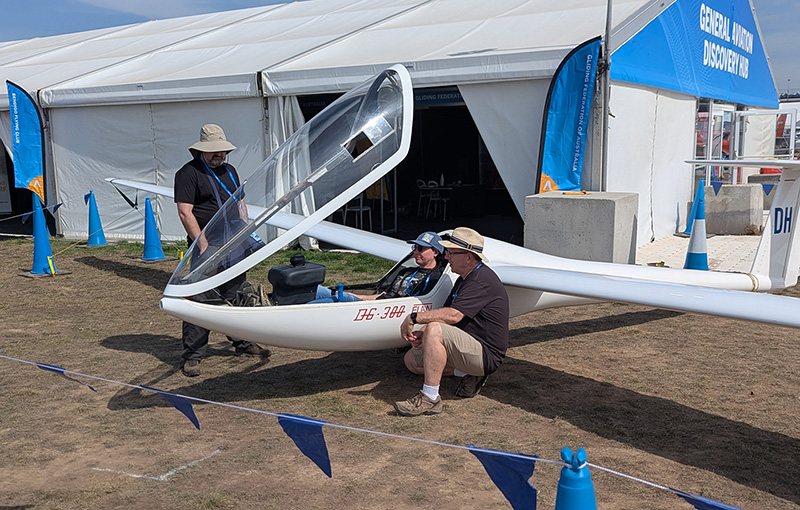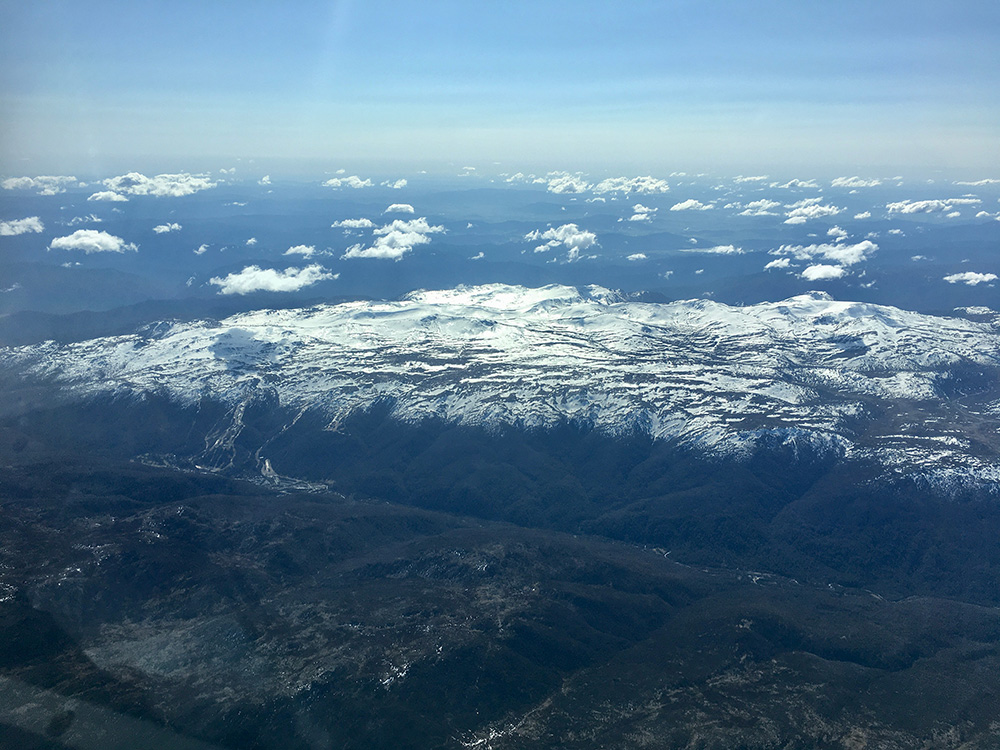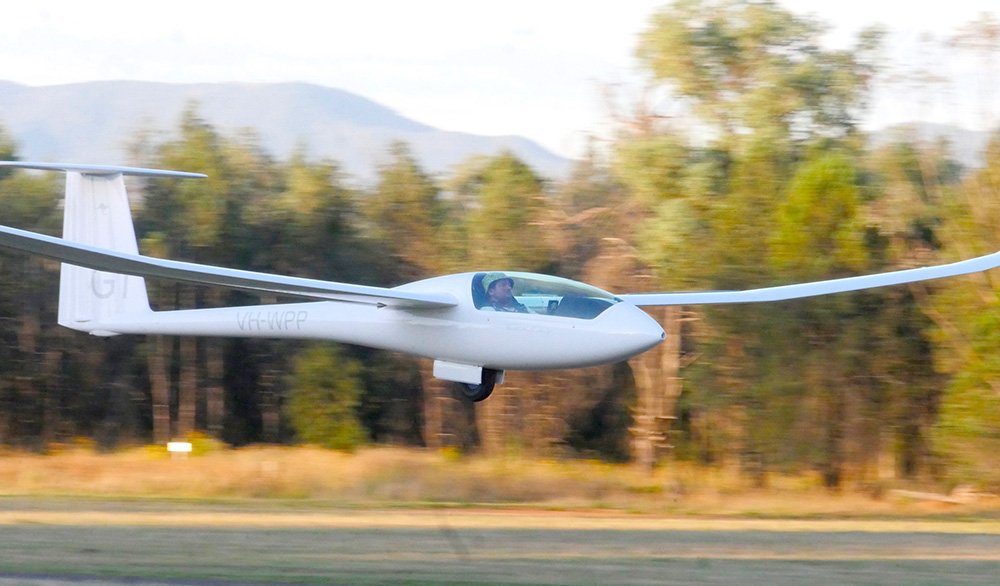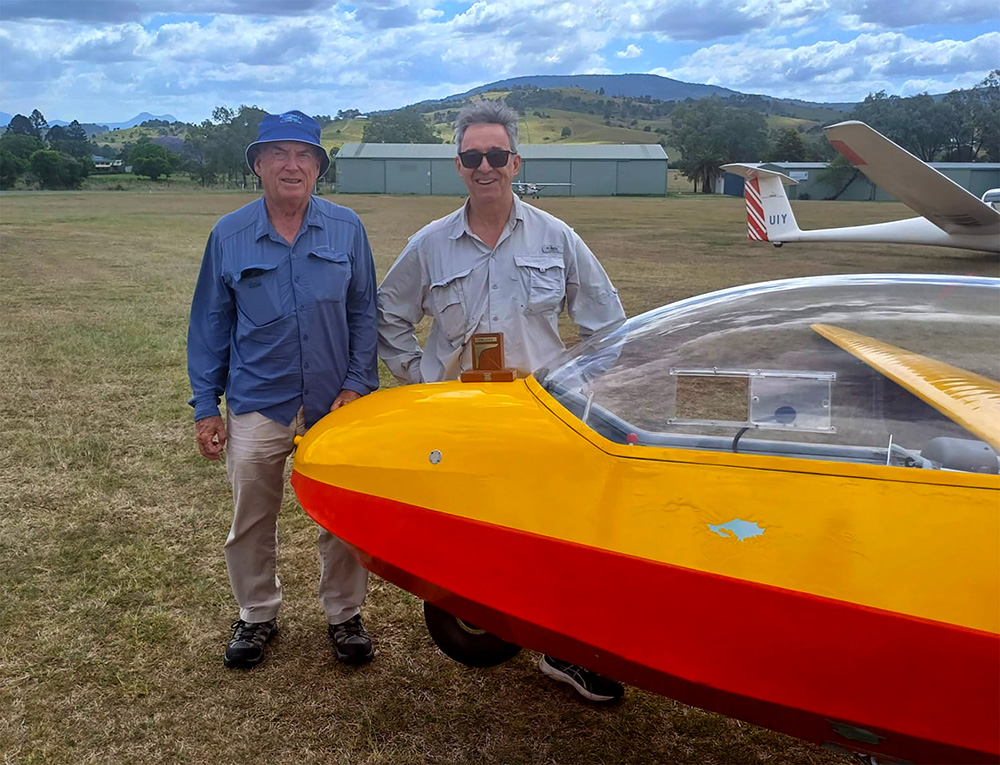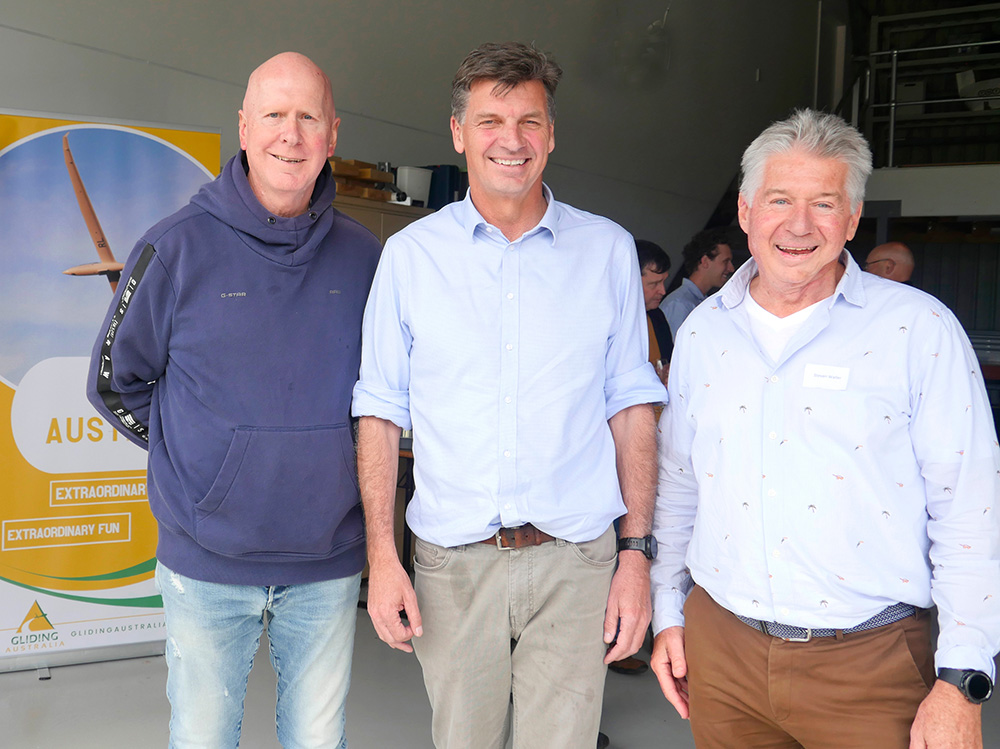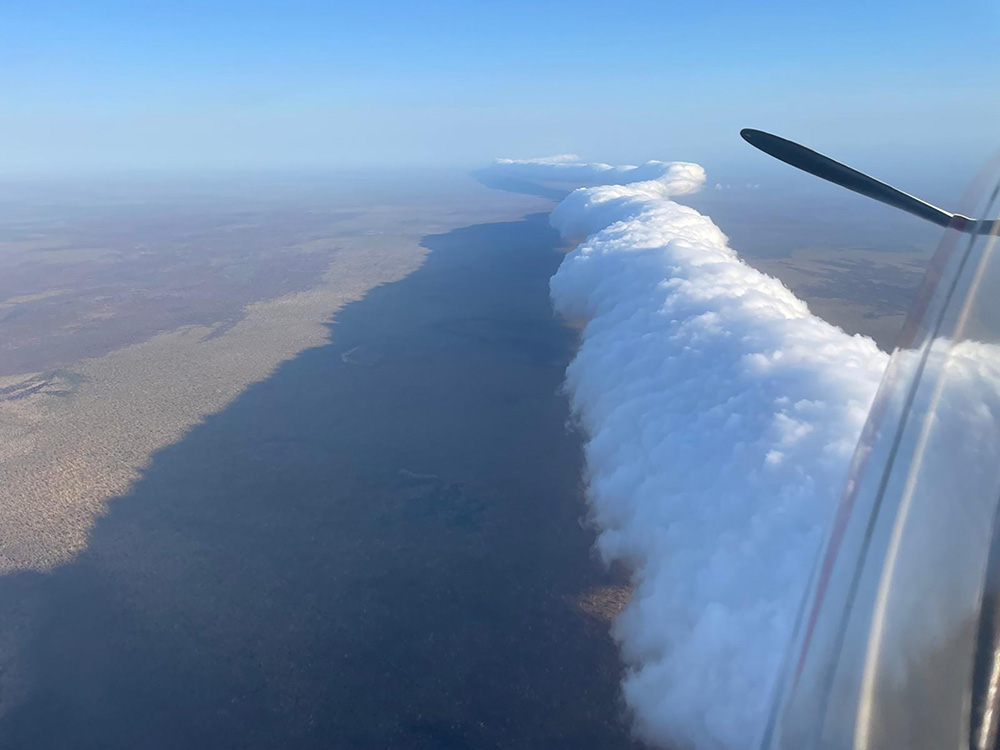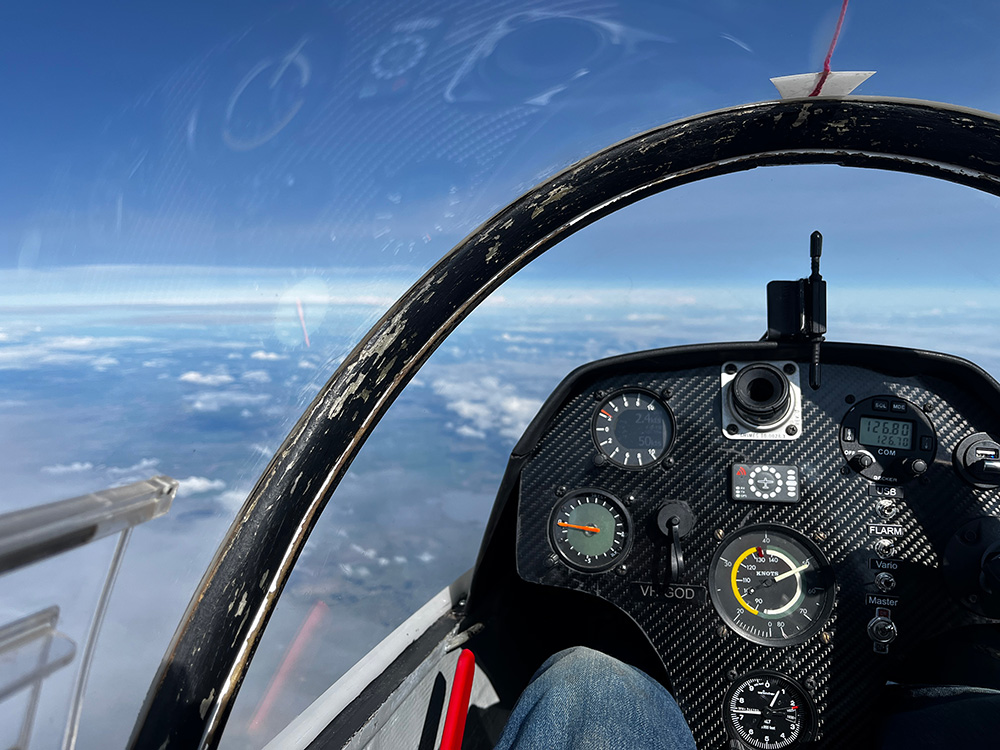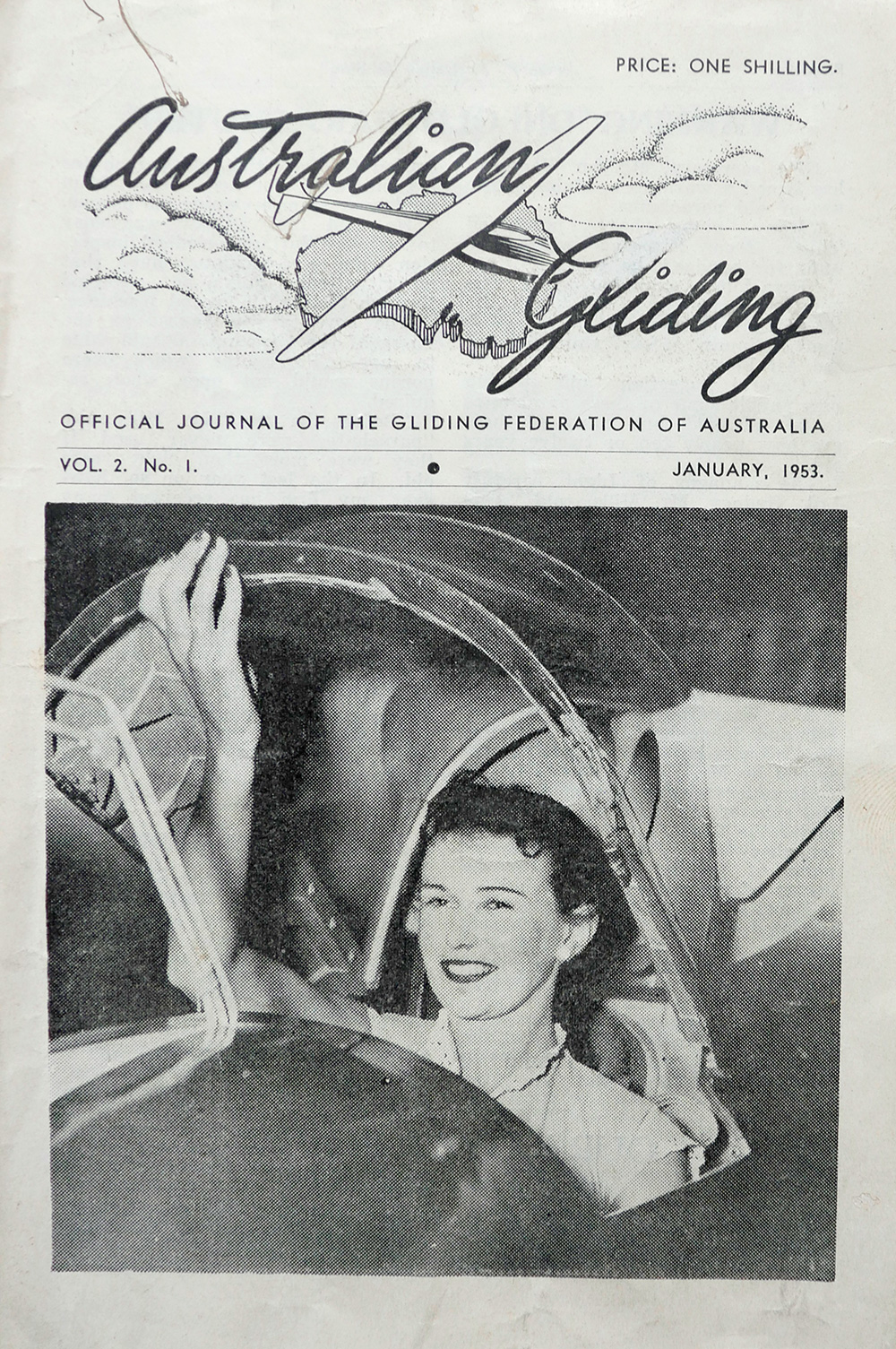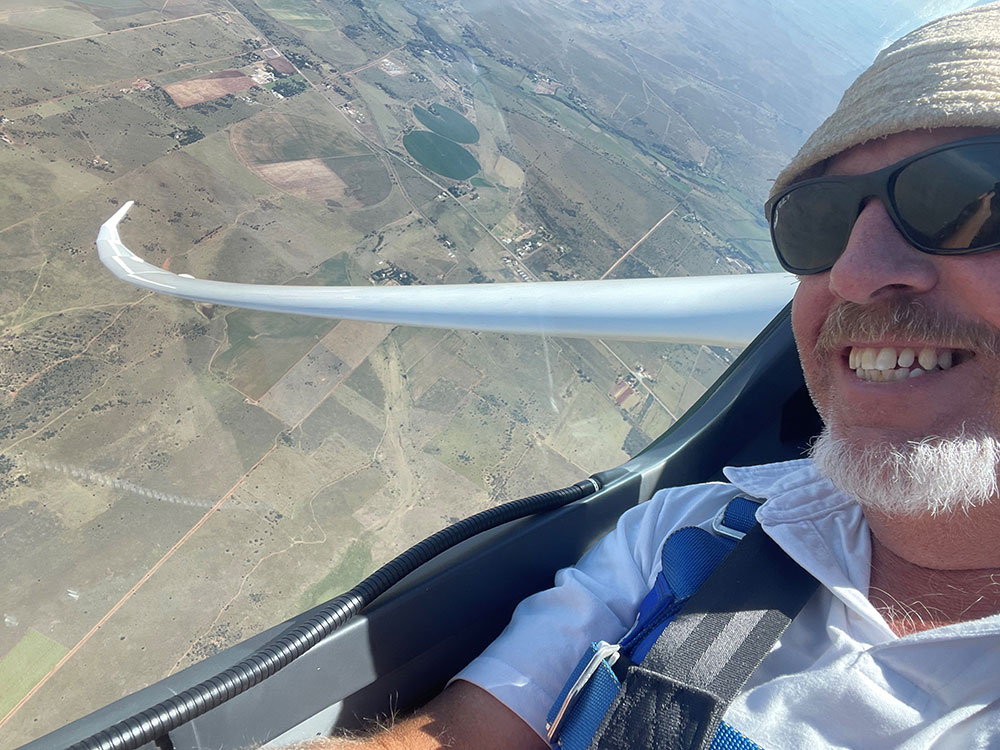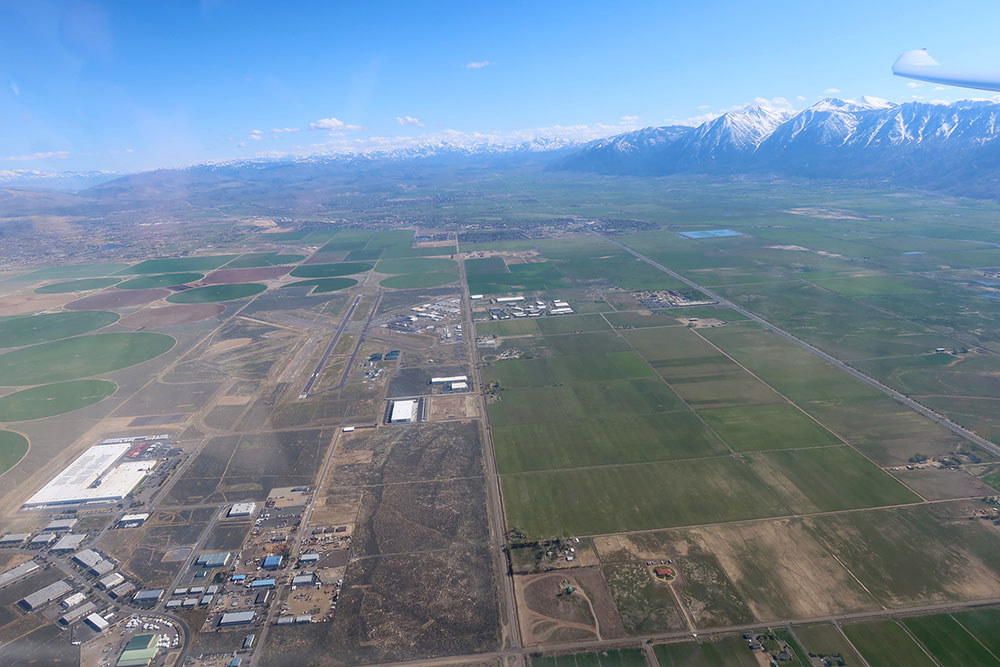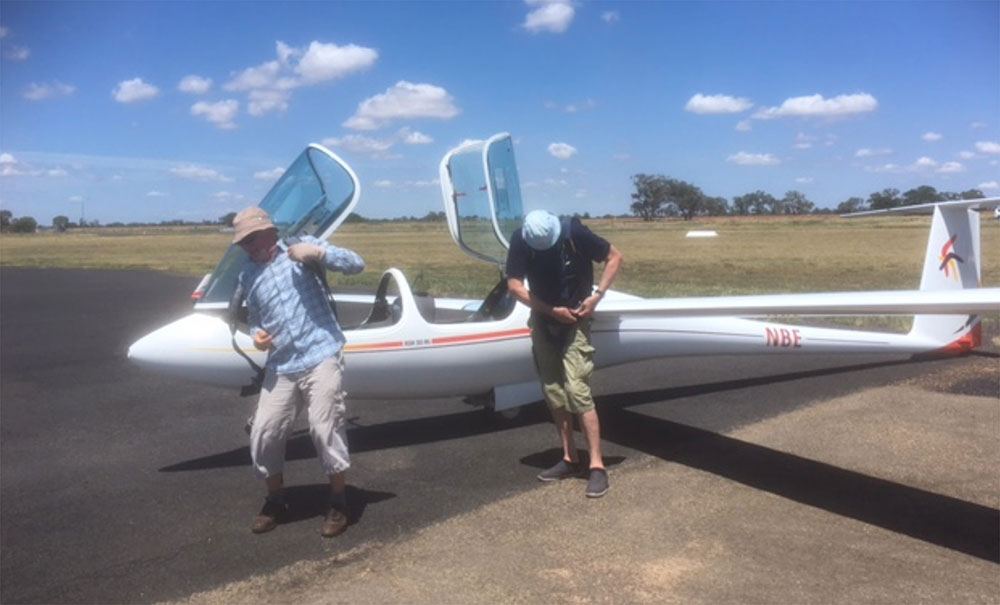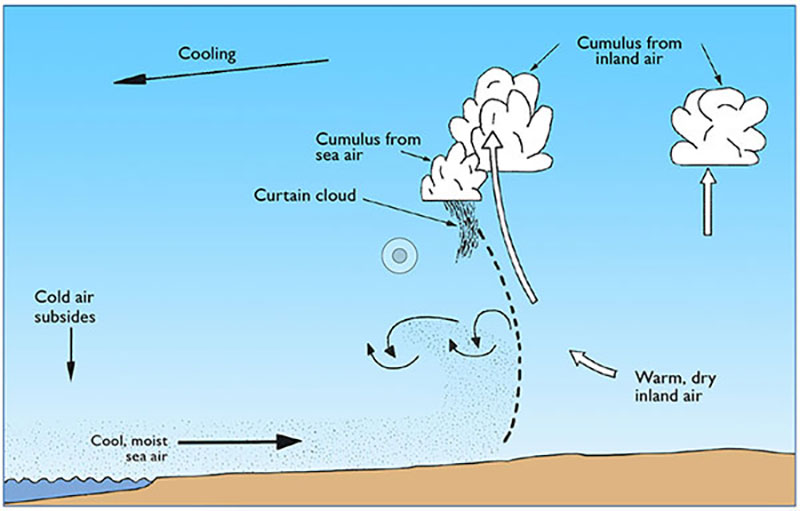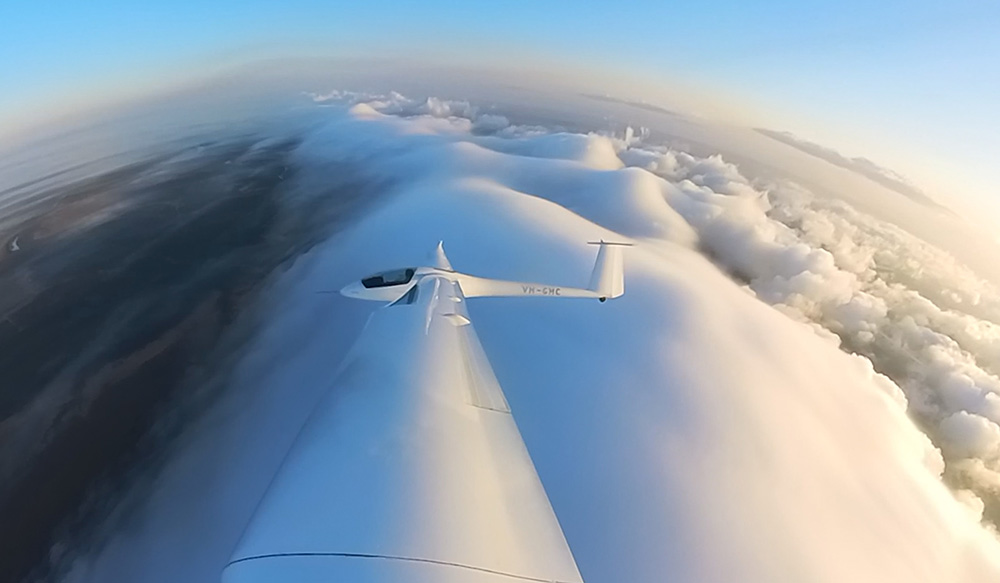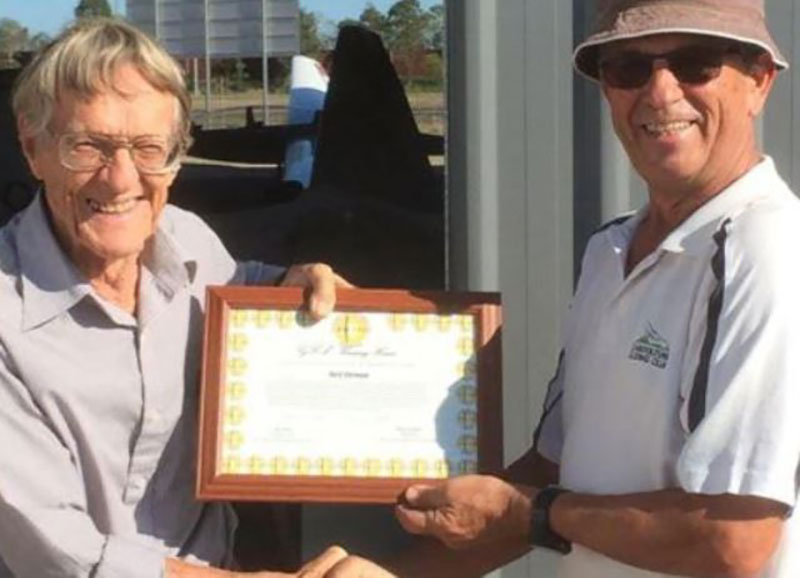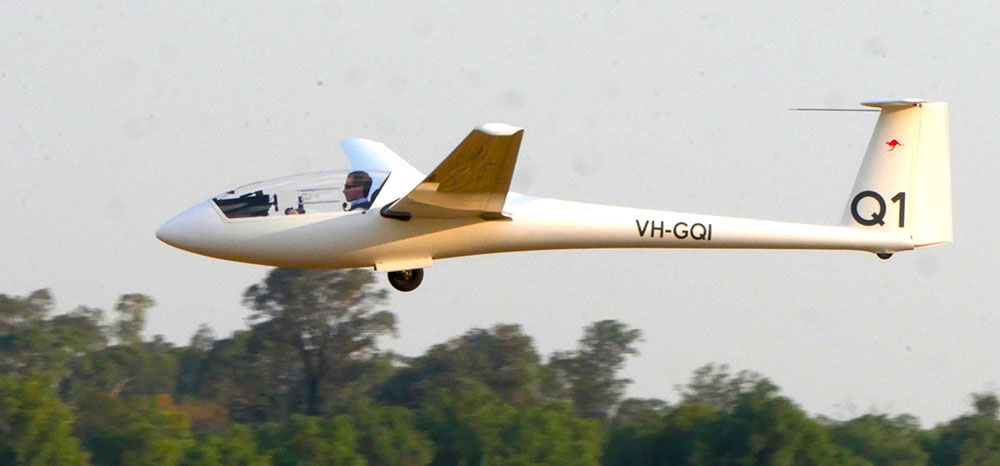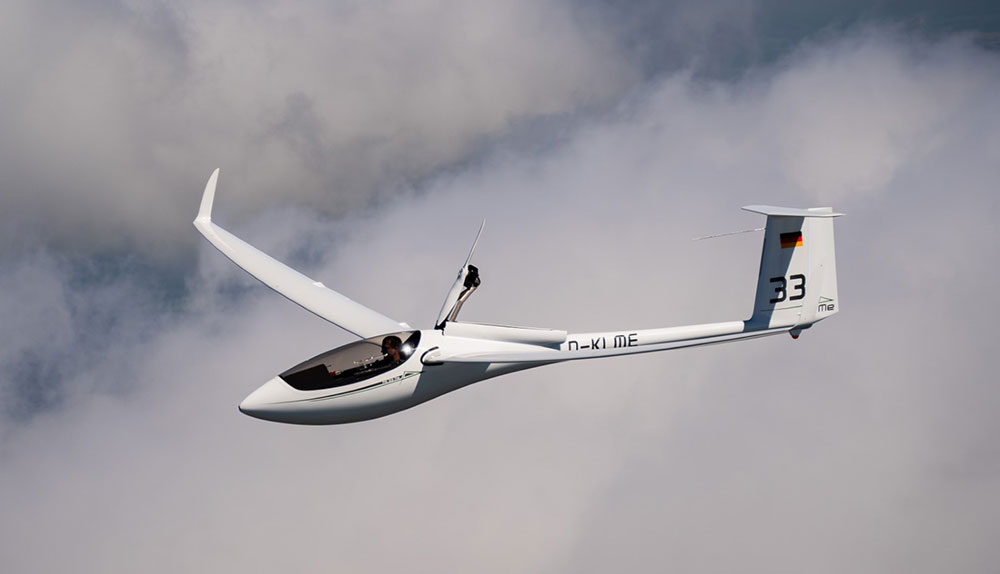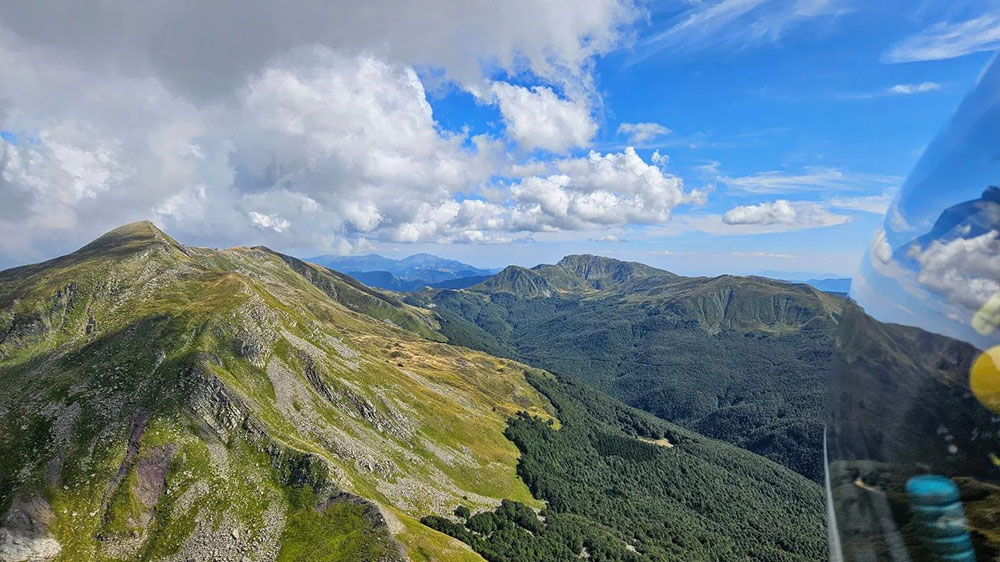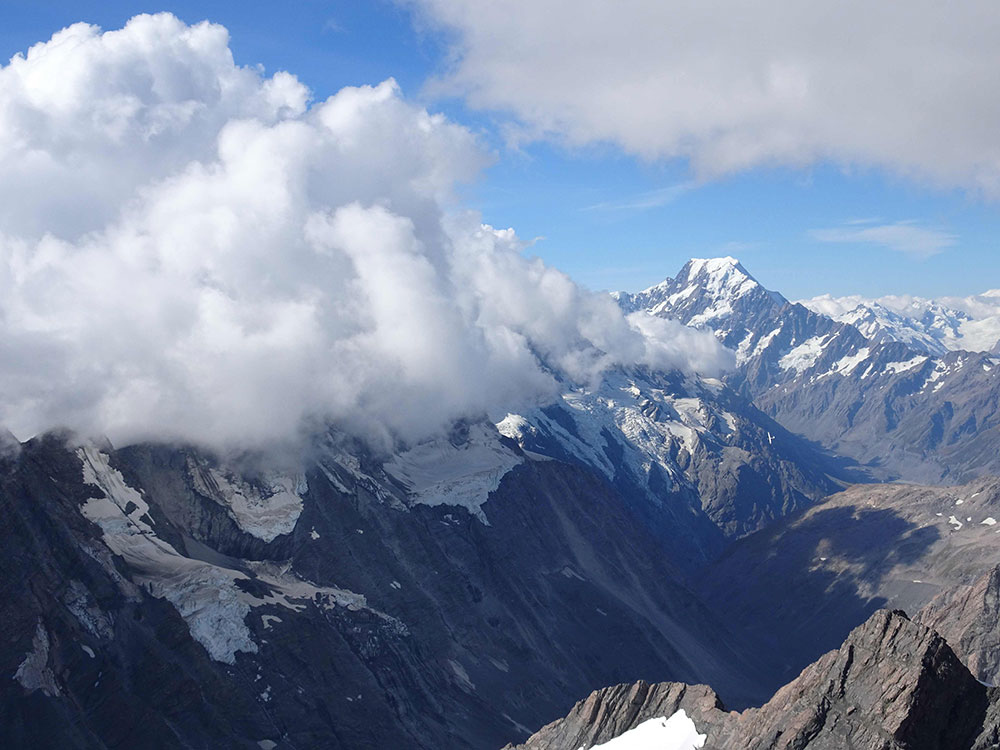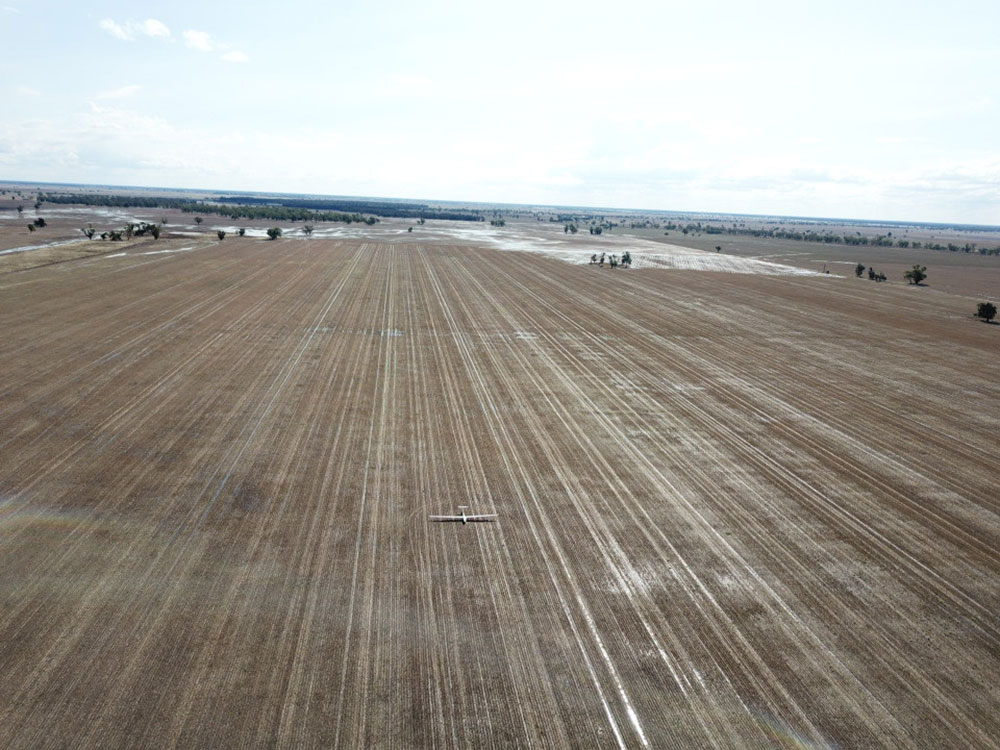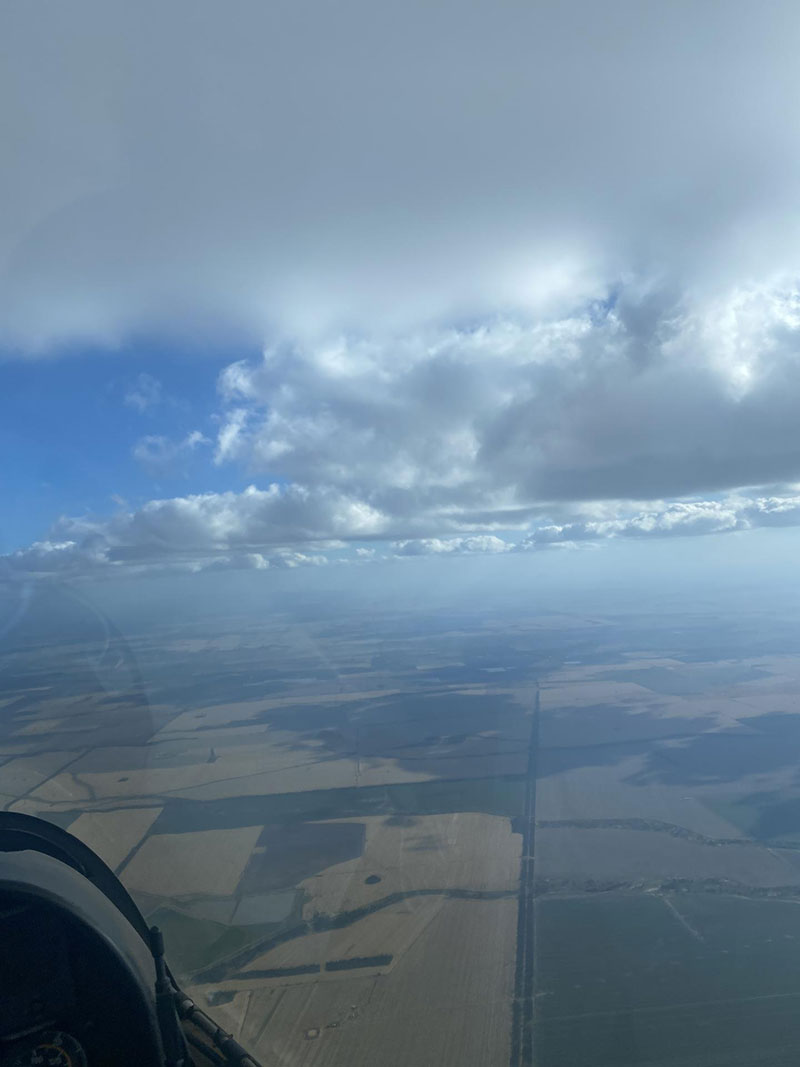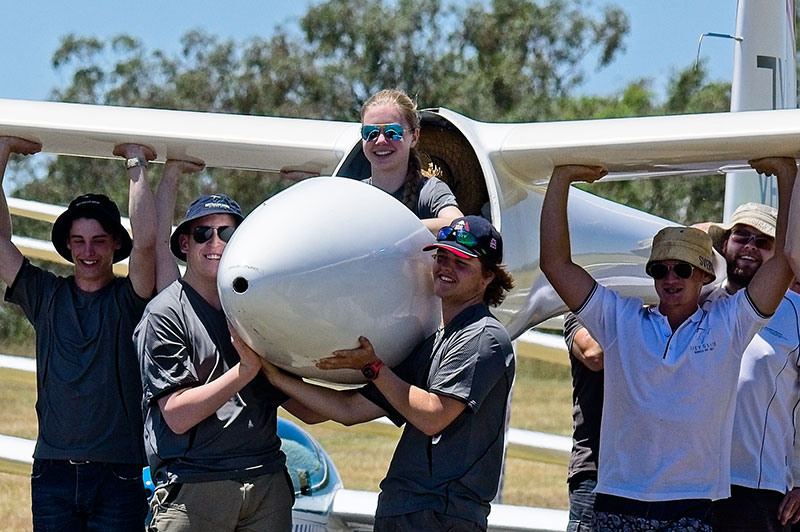
By Terry Cubley
With the advice that December and January would be a hot and dry, GCV at Benalla was keen to run the national championships in January. However, as it turned out the weather was well below expectations for most of the summer season across most states except WA.
We offered to run the Multi Class nationals with Open, 18m ,15m and Standard classes, but entries were very slow and early on we started to wonder if running all classes was going to be possible.
The world comps at Narromine were very successful in December but it appeared to impact on the number of Aussie pilots able to fly the Benalla nationals, with many potential competitors having used up their annual leave when helping out at Narromine. The poor weather down south through November and December was certainly impacting on our confidence. We gradually lowered our expectations when pilots withdrew, dropping off classes and combining those that remained. In all, we ended up with a total of 14 entries, with 11 gliders in 18m class and 14 in Open class.
We expected to have a combined 15m and Standard class but again entries were very slow and once we started to combine the classes a number of entries withdrew. It seems that flying an older 15m glider or Standard class glider just doesn’t cut it with the higher wing loading and speeds of the modern 15m and 18m gliders.
Steve Trone was more determined and flew in 18m class in his Mini-Nimbus, an old 15m glider which has a wing loading of 47 Kg/m2. He had some good flights, keeping up with the gaggle for part of the task, but each time he would drop off the bottom of the gaggle and come home 20 kph slower than the LS8s. A great battle and he showed much endeavour.
Allan Barnes flew his LS8 with 18m tips and Greg Beecroft flew his 15m LS8 having flown this glider to the Silver medal in Standard class at Narromine worlds. He placed 3rd in the Benalla nationals and was very difficult to beat.
World Championships Selection
The main drawcard was selection for the World Championships to be held in Uvalde, USA in August 2024 in Open and 18m classes, so despite the low number of entries at Benalla the quality of the competitors was high. The 2 seat nationals at Tocumwal in February would select entries for the Uvalde World Championships in 20m 2-seat class.

Volunteers
Pete Gray volunteered to be CD, Richard Kalin (one of our British instructors) agreed to be Ops and Safety; John McWilliam (another of our British team) did the weather with Tim Shirley, John Orton was the task setter, Bruce Salter was the tow master. Justin Gray managed the marshalling and launch team. Scrutineering and Weighing was well managed by Russel Edwards and Steve Noujaim (also British). We had a reasonable number of members to help with launching, luckily because most of the pilots did not have crew.
Launching of the fleet was quite simple with only 14 gliders, and two of those were self launching, so the whole launch only took 30 minutes. GCV has 3 Pawnees so we are able to handle all the towing with these.
We usually have to cater for the ‘Great white flock’ comprised of our training fleet and a large number of private gliders, including our visiting pilots from the UK and a group from Japan. The difficulty is to give them access to launching amongst the competition launch which normally lasts 1 hour, but this year the flock was rather small due to the weather so it was never an issue.
The weather for the competition was low and stable, although we did manage to fly six days with only one being devalued. The first three days were Assigned Area Tasks with the final three days all being fixed racing tasks.
It is worth looking at the daily results on Soaring Spot.
AAT
The first race was a 3.5 our AAT via Corowa, west to an area around Echuca, South to Elmore and then East via Dookie back to Benalla.
Day winner was David Jansen in the ASG 32 at 109 kph, followed by Bruce Taylor, Pete Temple and Greg Beecroft. The track to Corowa was OK although weakish climbs to 4000ft AGL, then they had to head west. There were two approaches, some went due west staying in Victoria and others took the route along the Murray in NSW. The northern route was weaker and lower, with quite a few struggling to make progress due to a lot of water near to the river. Once past Elmore conditions improved with some 5 kt climbs to 4000ft AGL.
Blue again
Day 2 was another blue 3.5 hour AAT, SW to Euroa, North to Strathmerton then East to Corowa, before heading home by Wangaratta. Pete Temple won the day at 112 kph, with Ryan Driscoll, Geoff Brown and Allan Barnes close behind.
There was weak wave before the start which took some to 5000ft but with the start altitude limit requiring pilots to come below 4000ft after the gate opened made it difficult. Heading south was weak with climbs to 3000ft AGL, but after Euroa they were able to climb to the dizzying height of 4000 ft AGL. Thermal strengths improved on the way home, but not much higher.
Day 3 was a slightly shorter 3 hour task but still blue. North to Jerilderie then SW to Picola and then back SE to Benalla. A day win for Bruce Taylor at 95 kph, followed by Lumpy Patterson, Greg Beecroft and Phil Ritchie.
Very similar story at the start, wave to 5000ft, then could not get above 4000ft AGL going through the start line. Not much delay with the start, with Greg Beecroft starting at 13:35 and everyone else starting between 2:00 and 2:10.
The run to the north saw 2-3 knots to 3500ft AGL although with the occasional look at 1500ft AGL. Conditions then remained fairly constant through to the end of the task.
low and blue
Day 4 was also low and blue with a 240 km fixed task to Tocumwal – Numurkah - Peechelba – Benalla. Only 7 pilots completed the task. Pete Temple had his second day win at 88 kph, followed by Norm Bloch, David Jansen and Greg Beecroft.
The task was flown between 2000 - 3000ft, which was quite frustrating for those watching on the Tracking, and much more frustrating for the pilots. One outlanding and four engine starts.
There were a few low saves, and the rules now set a lower limit on thermalling (at 500ft AGL) and one pilot was penalised for thermalling below this height.
After a day off due weather Pilots were set a 350 km task to the north, via Rand and Blighty and Dookie for the 5th race. Greg Beecroft won the day at 103 kph, ahead of Norm Bloch at 112 kph, Geoff Brown and Ryan Driscoll.
Thermals went a little higher today with 5000ft north of the river and 4000ft south of the river.
Final Race Day
After another 2 days off the final task offered a better day. 370 km fixed task with multiple turnpoints (8) to keep the pilots within the available soaring area. Flying SW to Euroa and Shepparton, East to the Warbies, NW to Numurkah and back to Corowa before running down the Warbies to Glenrowan and then home to Benalla.
David Jansen had his second day win. He started at 5000ft AGL and flew to Euroa arriving at 2000ft. Climbs were good between 2000 - 6000ft, averaging 4.5 knots. Some cumulus helped to keep them all happy.
The first 3 places were the three Open Class gliders – David Jansen, Ryan Driscoll, and Phil Ritchie who achieved the highest speed of the comp at 124.9 kph, followed by Norm Bloch.
Final standings
The Open class gliders cannot seem to consistently beat the 18m gliders so the winners of 18m class were also the winners of Open class, a typical scenario in recent comps. Thank you to all competitors for making this a tricky but successful championships.
Open-18m National Championships
Benalla
16 - 26 January 2024
18M Class
1 Peter Temple Adelaide SC ASG 29 18m 5,528
2 Bruce Taylor Lake Keepit SC ASG 29 E 18m 5,411
3 Greg Beecroft Beverley SC LS 8 15m 5,379
Open Class
1 Peter Temple Adelaide SC ASG 29 18m 5,390
2 Bruce Taylor Lake Keepit SC ASG 29 E 18m 5,277
3 Greg Beecroft Beverley SC LS 8 15m 5,242
Full results at soaringspot.com tinyurl.com/Benalla-Nationals
